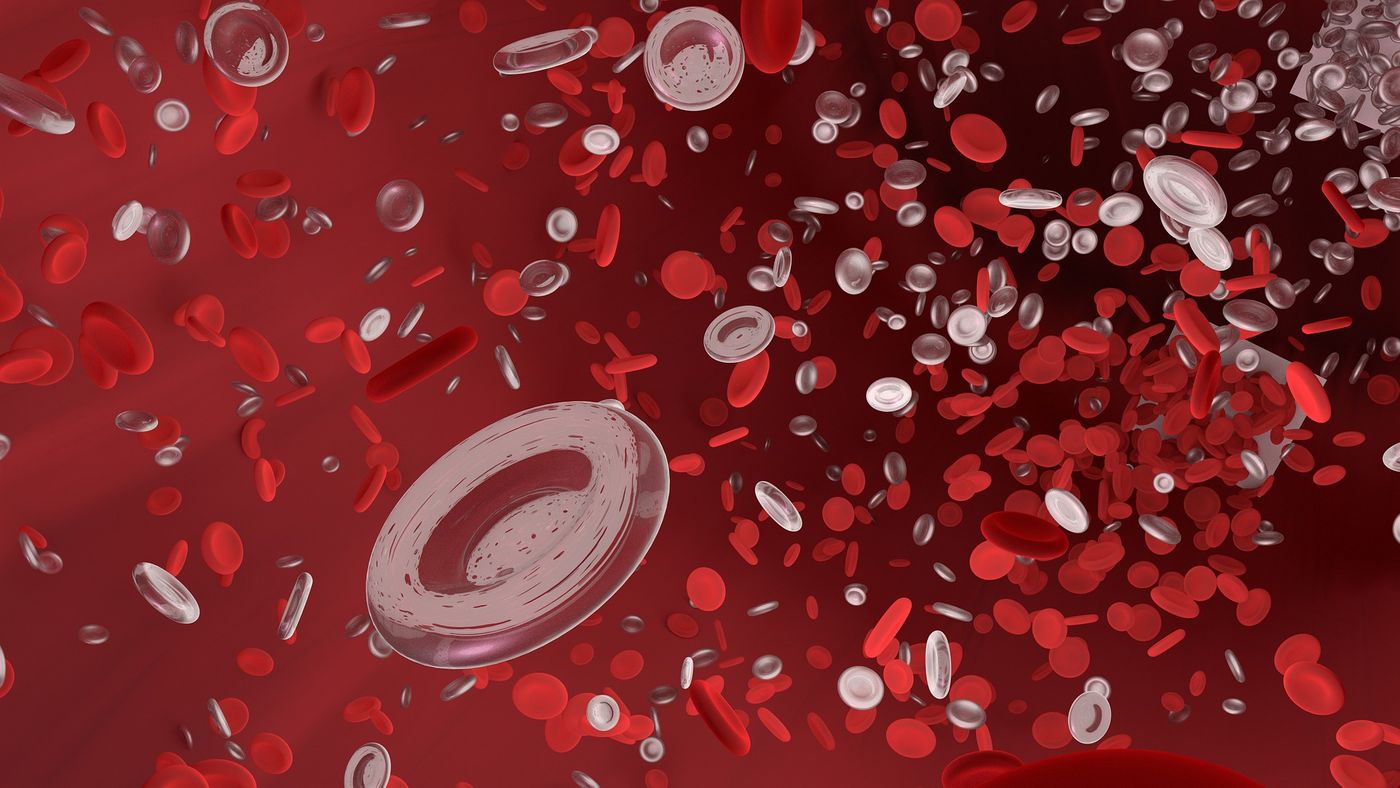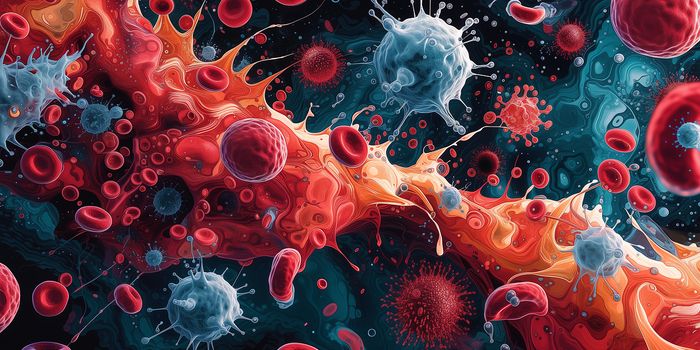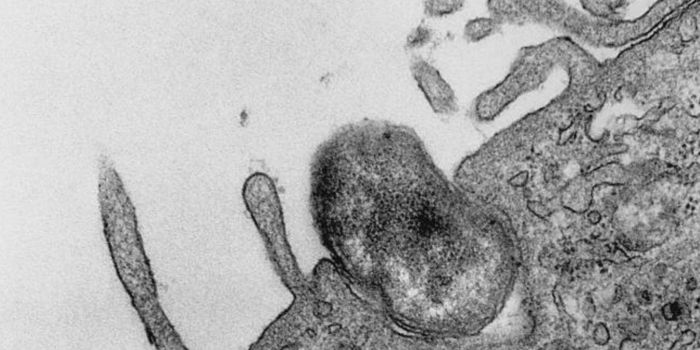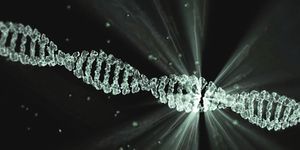An Antibody to Clear the Way for Drug Delivery to Tumors
Tumors require blood vessels to obtain nutrients and growth factors needed for their expansion. Many tumors efficiently undergo a process called angiogenesis in which new blood vessels form, promoting tumor growth and even the spread of tumor cells to distant parts of the body. As tumors develop new vessels to aid in survival, they have become a drug target for many anti-cancer therapies known as angiogenesis inhibitors.
Angiogenesis is a critical biological function needed for the growth and development of healthy tissues as well as tumors. However, the functionality of the vascular network differs significantly between those developed by healthy and diseased tissues as tumor-related vessels are characterized by disorganized and dysfunctional vessel formation.
The ability to get a drug into a tumor poses a challenge for treating many types of cancer. The poorly functioning vessels developed by tumors restrict the delivery of anti-cancer therapies into the tumor, severely limiting the benefits patients see from cancer treatment. This discovery has led researchers to pursue strategies that improve vessel function.
A new study published in Cell has identified a protein secreted by tumors that prevents normal vessel growth and could be a viable target for new cancer treatments. LRG1 is induced in tumors and promotes the development of dysfunctional vasculature. The research team decided to target LRG1 and demonstrated substantial anti-tumor effects.
The study used immunohistochemistry, a technique that allows quantification of specific markers in tissue, to identify the presence of LRG1 in specimens from lung, prostate, and breast cancer. Notably, the amount of LRG1 in tumors was significantly elevated compared to the adjacent healthy tissue signifying that tumors selectively upregulate the expression of the protein.
The researchers then deleted the LRG1 gene in mouse models of various cancers. The genetic absence of LRG1 resulted in vessel stability and functionality. Compared to models with intact LRG1, LRG1 deficient mice demonstrated slower tumor growth and longer survival.
The researchers then tested an antibody that targets the LRG1 protein blocking its ability to function. This LRG1-blocking antibody therapy replicated the results seen with genetic deletion of LRG1, including improved vessel function and slower tumor growth.
Finally, the authors explored the efficacy of the LRG1-blocking antibody in combination with other cancer therapies. The addition of LRG1-blocking antibody to cisplatin, a chemotherapy used to treat malignancies including bladder, testicular, and ovarian cancer, increased the efficacy by about 25%. When combined with an immune checkpoint inhibitor, anti-PD-1, combination therapy inhibited tumors more than 50% more effective than either therapy alone.
In summary, the study demonstrates that LRG1 is upregulated in tumors and leads to significant, yet reversible, damage of the blood vessels preventing efficient drug delivery. The study also reveals that targeting LRG1 can clear the blood vessels allowing for better drug delivery. The most promising results indicate that targeting LRG1 in combination with chemo-or immune-therapies has a remarkable anti-cancer effect.









